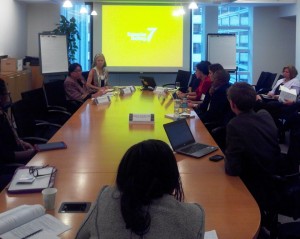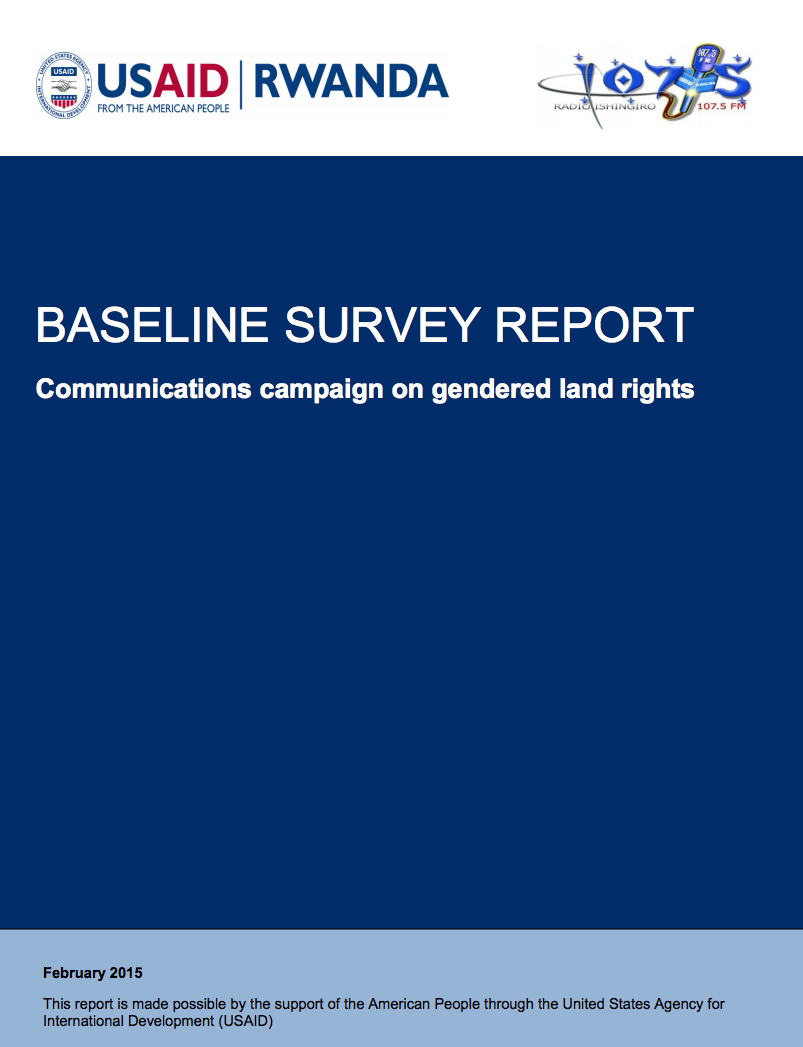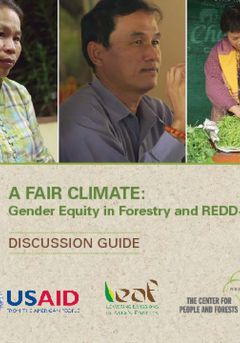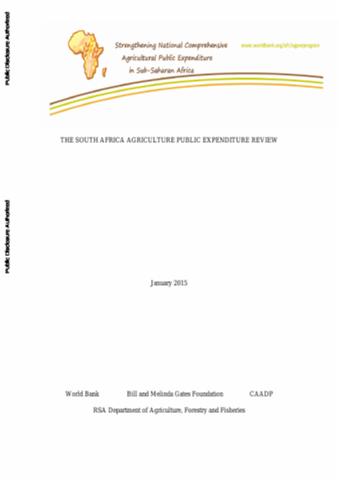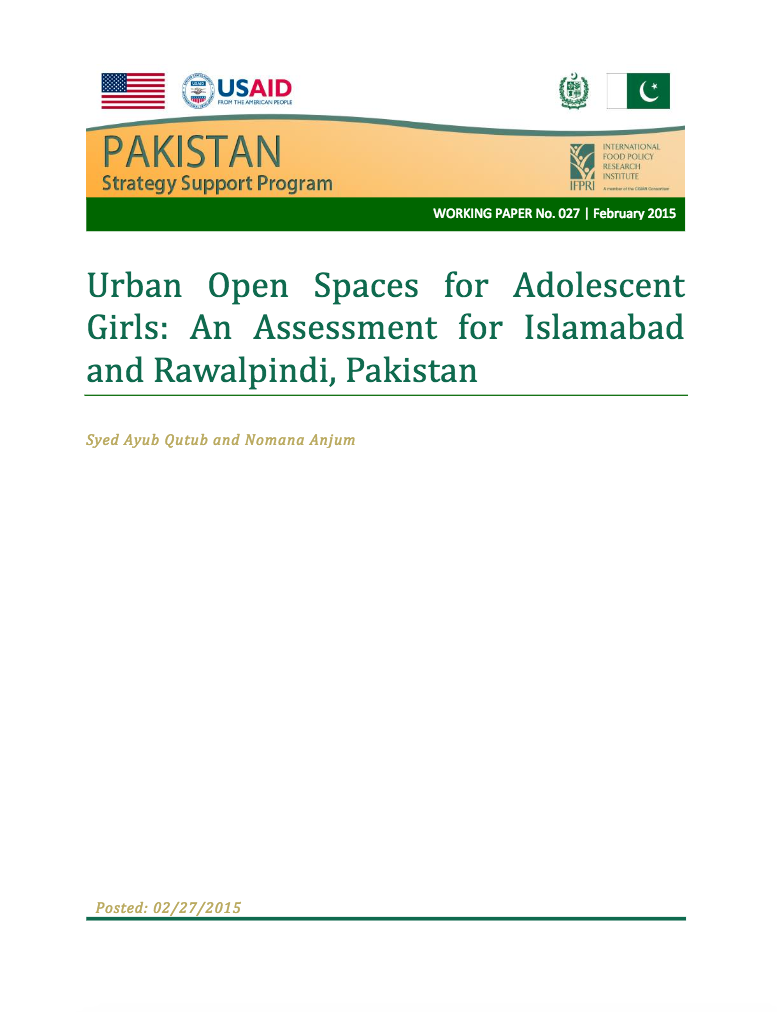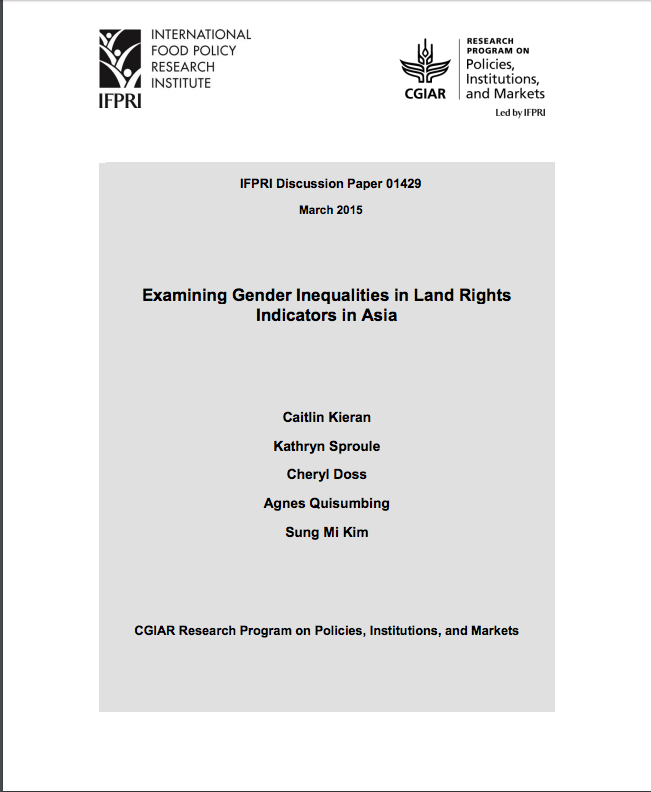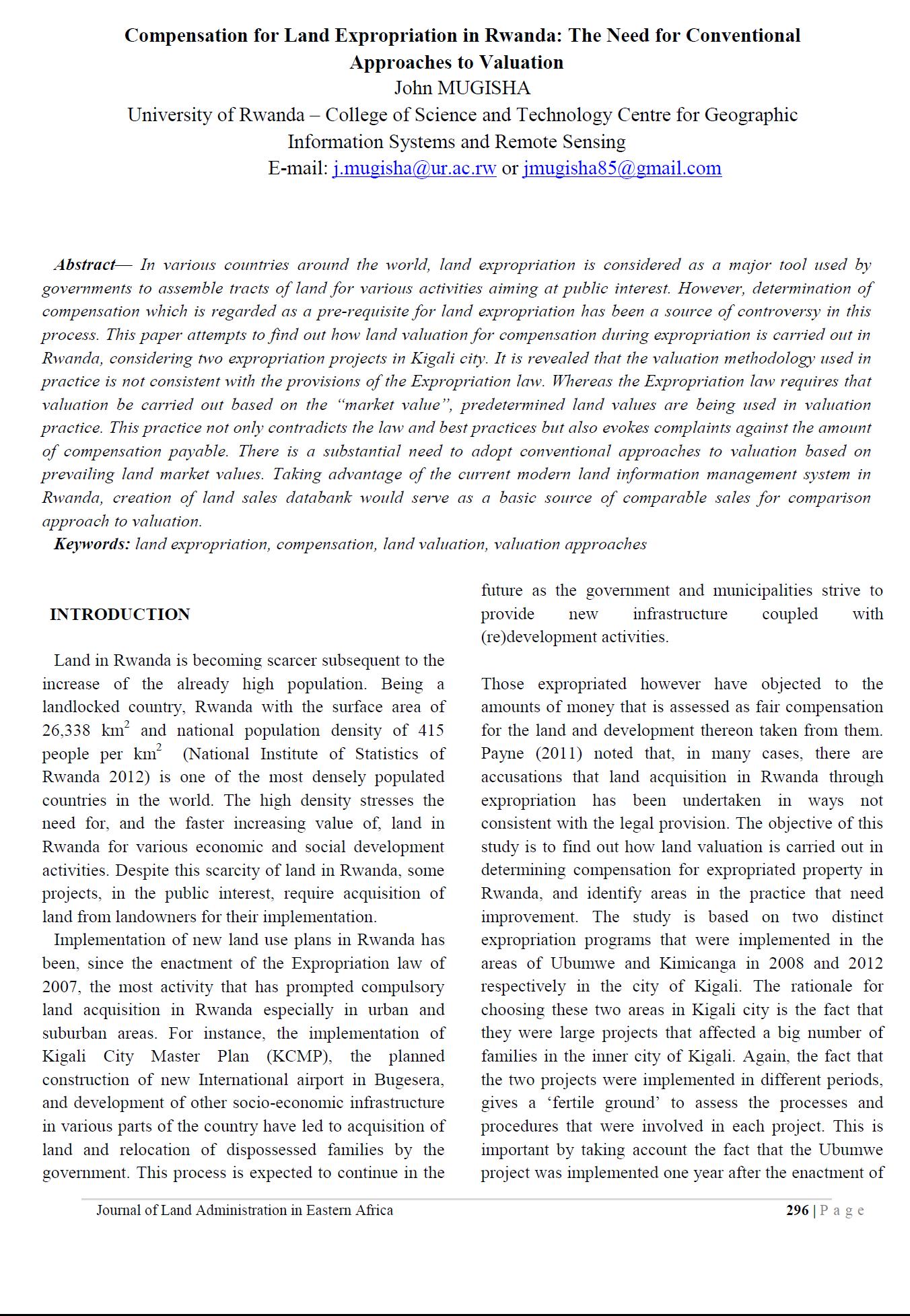WOMEN’S LAND RIGHTS, GENDER-RESPONSIVE POLICIES AND THE WORLD BANK
This paper was prepared for presentation at the “2015 World Bank Conference on Land and Poverty” in Washington DC last March 23-27, 2015 by Violeta P. Corral of the National Confederation of Small Farmers and Fishers Organizations (PAKISAMA), Philippines.
The Gender Evaluation Criteria (GEC) project was jointly implemented by PAKISAMA and Asian Farmers Association (AFA), support by the International Land Coalition (ILC).

